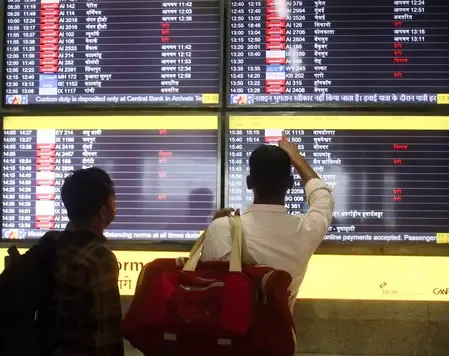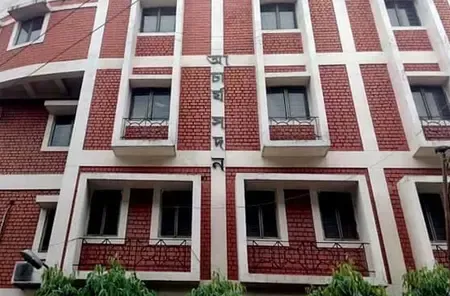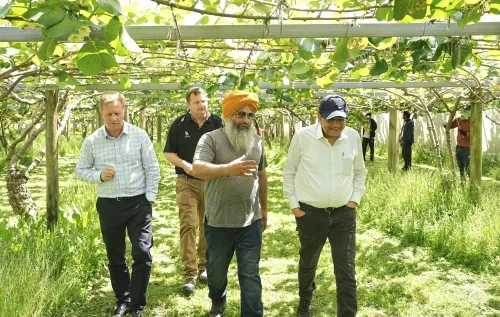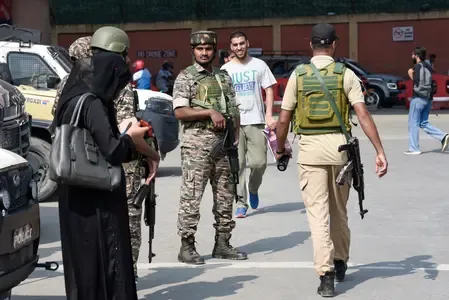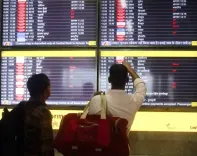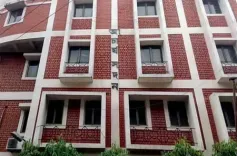Is Madurai Corporation Ready to Increase Its Daily Wet Waste Processing Target?
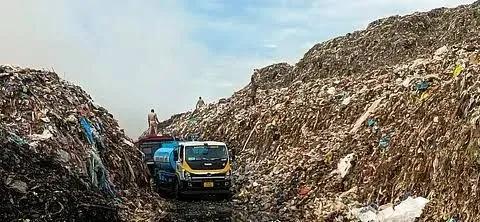
Synopsis
Key Takeaways
- Madurai aims to boost daily wet waste processing from 40-50 tonnes to nearly 90 tonnes.
- Only 30 out of 38 micro-composting centres are operational.
- Efforts are underway to optimize the efficiency of existing units.
- Concerns remain in high-waste areas like the Mattuthavani Central Market.
- Authorities are committed to improving waste management and sanitation.
Chennai, Aug 5 (NationPress) In a renewed initiative to enhance its waste management protocols, the Madurai Corporation is intensifying efforts to optimize the operations of its 30 active micro-composting centres (MCCs). The goal is to boost the daily processing capacity of wet waste from the current 40-50 tonnes to nearly 90 tonnes.
Madurai generates approximately 850 to 900 tonnes of waste daily, with over 60 percent categorized as wet waste.
While some of this organic waste is processed at the MCCs, a significant portion is transported to the Vellakkal dumping yard. Out of the 38 MCCs established in the city, only 30 are currently operational, with the remaining eight inactive due to challenges like power outages and technical malfunctions.
Each MCC can handle up to five tonnes of wet waste daily, contributing a total potential of 150 tonnes across the 30 functioning units. However, many centres have been underperforming, processing less than a tonne of waste daily until recently.
Officials from the Corporation have indicated that measures are underway to enhance productivity, including the deployment of additional staff at the MCCs.
“Currently, all active centres are processing over one tonne of wet waste per day. Centres situated near high-waste generating areas, such as bustling markets, are managing between three to five tonnes daily,” a senior official stated.
The civic body is dedicated to further scaling operations to maximize the efficiency of the existing infrastructure. Despite recent progress, several high-waste zones remain problematic, particularly the Mattuthavani Central Market, which is one of the city's largest wholesale markets for fruits and vegetables.
N. Chinnamayan, president of the Mattuthavani Central Market All Traders Association, voiced concerns about the Corporation's waste management at the market. “There is a composting unit within the market, but it is not being utilized effectively. Waste is often left unattended for days, attracting stray animals and creating serious sanitation risks,” he remarked, calling for immediate action from authorities.
The Corporation has pledged that measures are being implemented to resolve these issues and ensure all MCCs function at their full potential, reinforcing Madurai's commitment to sustainable and decentralized waste management.

